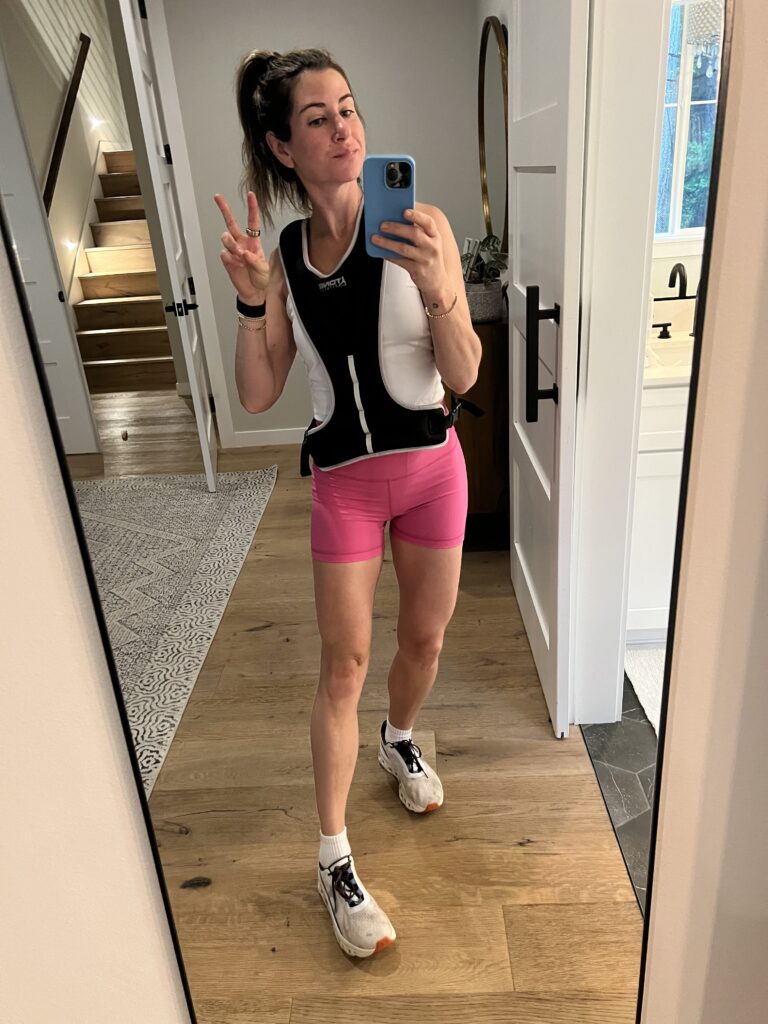
Even if you’re in tip top shape heading into your 40’s it’s an important time to talk to your doctor about your health. While you may not feel significantly different from your 30’s, middle age (ugh) brings with it plenty of changes that you should be aware of. It’s ideal to be on top of these changes before they happen.
Here are some questions to ask your doctor if you’re in your 40’s.
- When should I expect to go through menopause?
- While most women don’t go through menopause until they are in their 50’s, perimenopause symptoms can start years before. While your doctor cannot give you a precise timeline, you can start to discuss the wide range of symptoms to look out for and discuss a plan to manage them.
- What kind of changes should I be looking for?
- The loss of estradiol (through menopause) can cause a lot of changes physiologically. It affects mood, skin and hair, cognition, metabolism, cardiovascular system, sexual functioning, and bone health. It can feel very overwhelming and uncomfortable and is worth a conversation about HRT (hormone replacement therapy)
- What supplements should I be taking?
- It’s a good time to get updated labs and review what supplements might be import to add to your routine. For example, vitamin D, omega 3’s, Vitamin b12, and magnesium would all be good ones to discuss with your doctor.
- What can I do to keep my heart healthy?
- Heart disease is the second leading cause of death for women 45-65, and it’s the number one cause of death for those over 65. We all know diet and exercise play a significant role in cardiovascular health, but menopause can cause changes in your cholesterol level and should be monitored by your doctor.
- How can I prevent osteoporosis?
- Bone density can decrease after menopause and osteoporosis is a very real risk for women. Talk to your doctor about preventative measures and getting a bone density test. I had a dexa scan last year which also provided me with a z-score (bone density) and plan to get one yearly to monitor.
- Diabetes prevention
- Blood sugar control can became more challenging as we age. Getting your fasting blood glucose and HA1C checked with routine blood work is also important to monitor.
As I’m writing this blog post I’m realizing how depressing this topic is. Being a female and having to navigate the hormone changes throughout different life cycles is truly unfair. However, I feel like it’s a topic people are talking about more than ever and there is more information and resources available so women don’t have to suffer through.
I encourage you to be proactive with your healthcare and find a doctor that is willing to listen and help you feel your best.
xx, A